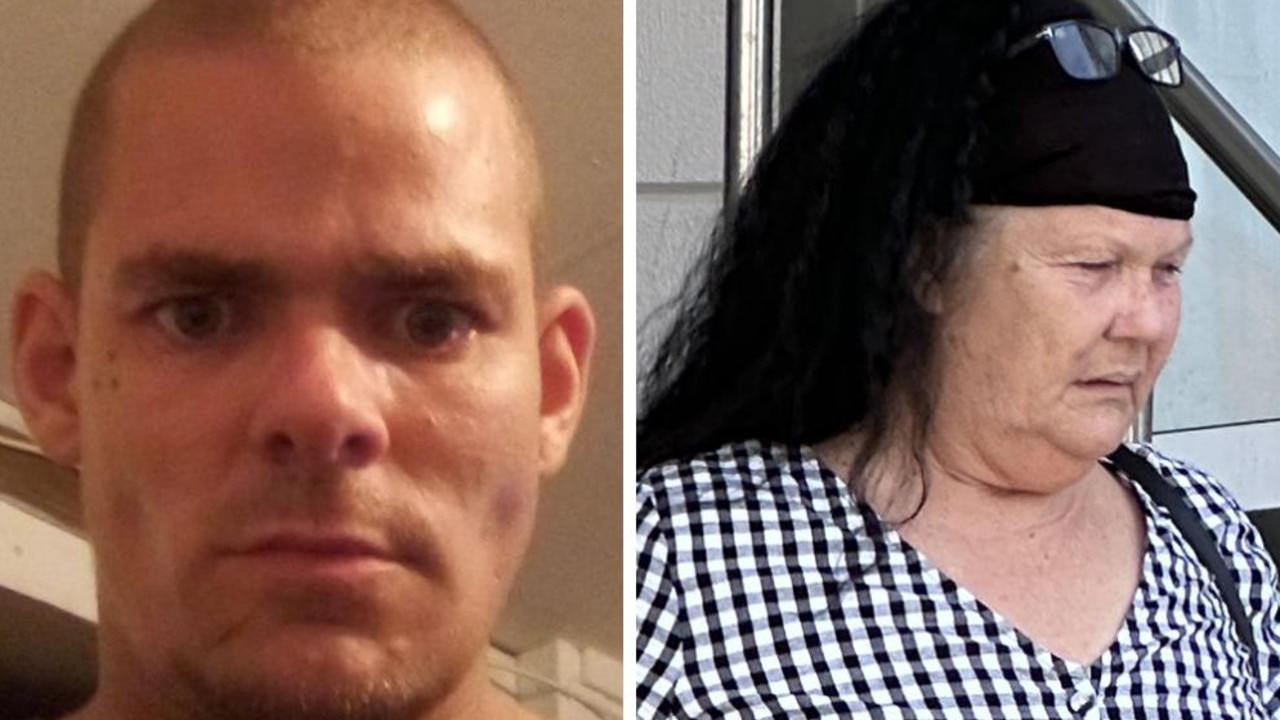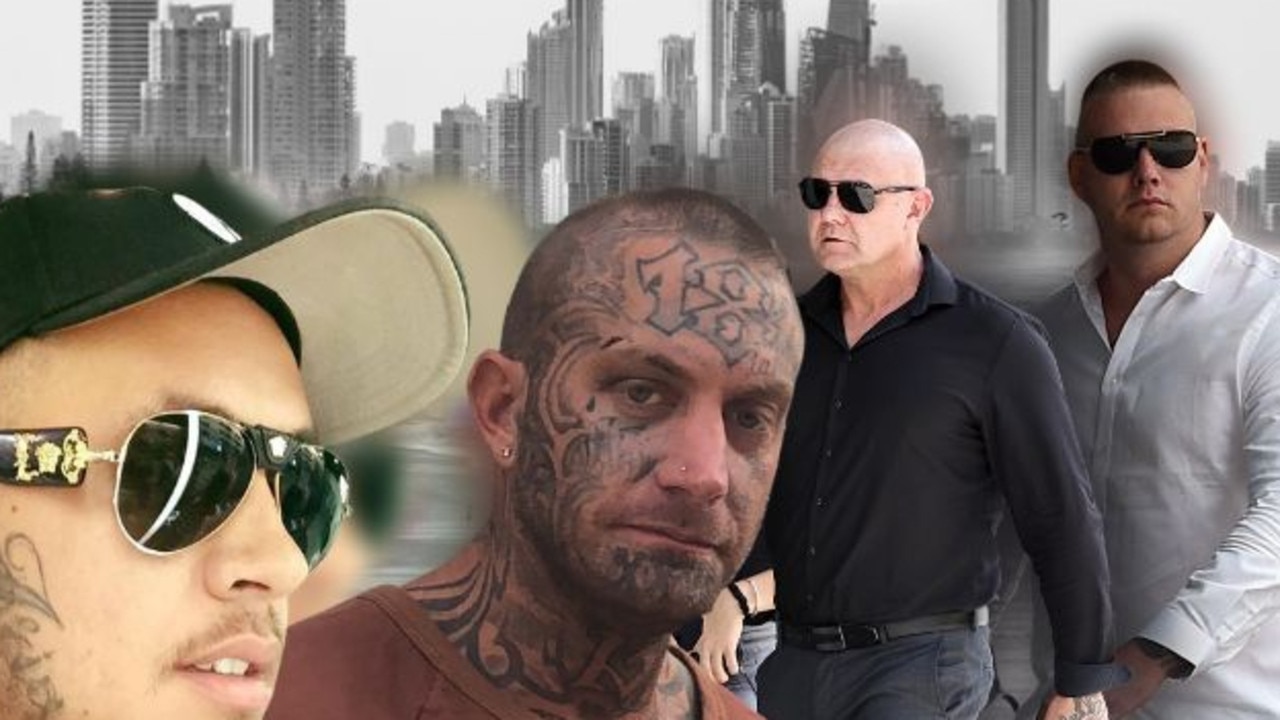How WAGs get drugs into jail as more bikies are deported from Australia
A former prisoner has revealed how WAGs get drugs to jailed bikies, as Australia has deported high profile scalps including ex-Rebels boss Alex Vella. Listen to the Bikies Inc podcast.
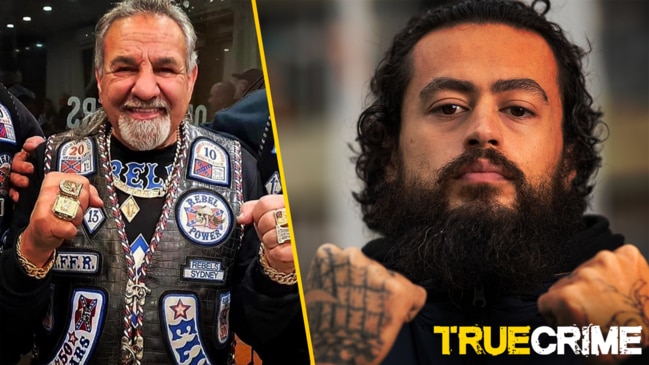
Bikies Inc
Don't miss out on the headlines from Bikies Inc. Followed categories will be added to My News.
Bikies’ wives and girlfriends are paying dealers so their locked up lovers can get drugs behind bars.
Jailed bikies are paying up to $1000 drugs on the inside, which cost a fraction of the price on the outside.
Heroin replacement buprenorphine is one of the most commonly smuggled drugs because it comes in small strips that are easily hidden.
“When I was in (jail) it was about a hundred dollars for one of those little 8 meg strips, which have cost you almost nothing on the outside. So it’s a big mark-up,” former prisoner David Obeda told the Bikies Inc podcast.
“That’s just how prisoners are across the world.
“Prisons are flooded with drugs because there is just so much money to be made in prison selling drugs,” he said.
“You give me the most secure facility on the face of this earth and I’ll tell you now it’ll be flooded with drugs. You know what I mean? Like, it’s huge money.”
LISTEN TO THE LATEST BIKIES Inc PODCAST
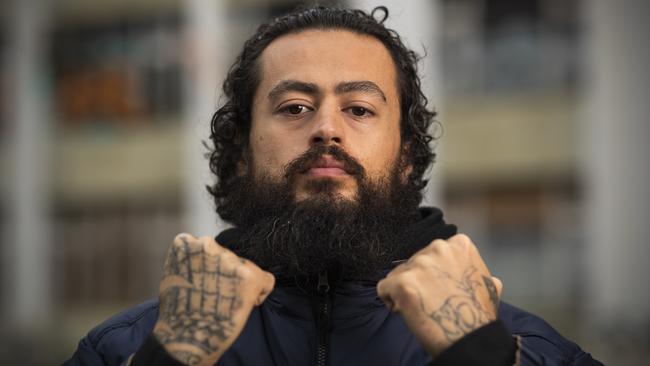
Obeda said bikies’ drugs were paid for on the outside, mainly by wives and girlfriends.
“You can’t physically give cash across unless it’s small amounts you can pay for canteen and things like that,” he said.
“But yeah, basically it’s through family members and contact with people on the outside. The money thing works on the outside. So yeah, you’d have to be in communication with people on the outside.”
Prisoners can speak to family members on prison issued phones, but some also smuggle mobile phones into jails.
“Even though the calls are recorded, they can’t physically go through every single call,” Obeda said, referring to the prison telephones.
Guards at the John Morony Correctional Centre in NSW uncovered a stash of 300 buprenorphine strips in 2020, which was selling for between $400 and $1000 for each strip in maximum security sections of jails.
Obeda spent a decade in jail, with more than a year in solitary confinement where prisoners would pass notes to each other between cells on fishing line.
He was a founding member of the notorious G-Fam gang – an islander gang – in Victoria’s prison system.
Members of the gang were responsible for the bashing of drug lord Tony Mokbel in Victoria’s Barwon prison, which happened after Obeda was released.
Obeda, who was deported to New Zealand when he completed his sentence, has left his life of crime behind him and started helping prisoners through his podcast The Felon Show.
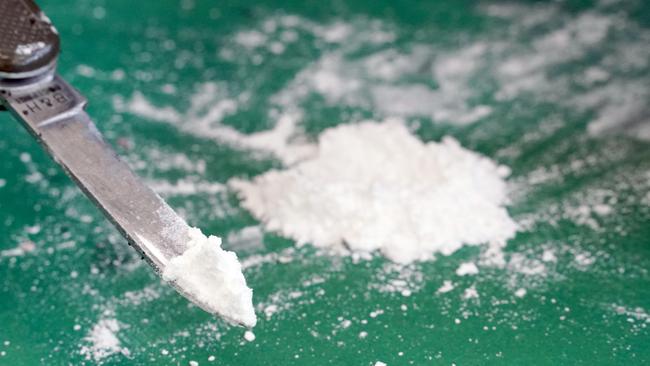
The 29-year-old was one of more than 5000 people, many of them bikies, who were kicked out of Australia on character grounds using Section 501 of the Migration Act.
New Zealand Prime Minister Jacinda Ardern has criticised the policy, with nearly half of those deported, many of them bikies, sent across the Tasman.
Obeda said the policy did not work.
“Look at the Australian crime rate and most of the cities, I mean, all of the people, the thousands of people that they deported hasn’t even put a dent in the crime rate,” he said.
Obeda was approached by bikie gangs in New Zealand when he returned there but declined to join because he didn’t want to go back to prison.
The deportation policy has disrupted bikie operations, with Alex Vella, the former president of the Rebels bikie gang, among its highest profile scalps.
Vella celebrated his 50th anniversary in the Rebels with a party in Malta in March, with people flying in from all over the world.
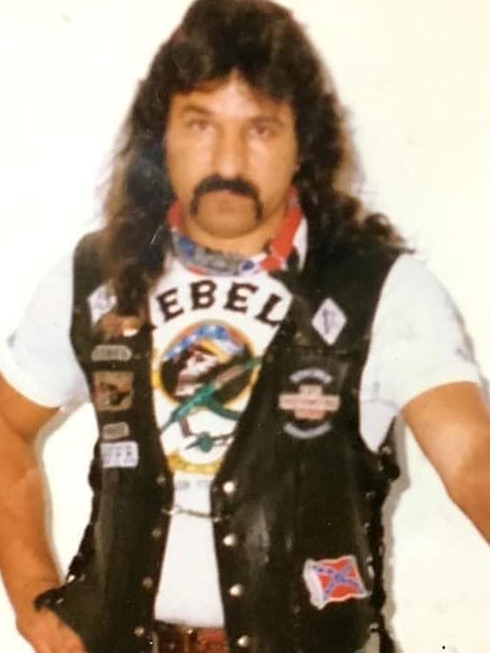
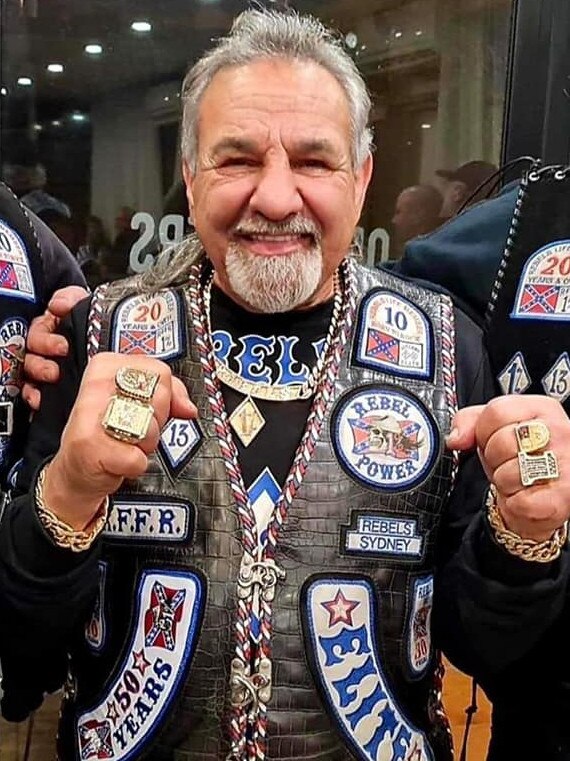
His club in Malta, where he has been stranded because Australia refused to let him return, published photographs of the celebrations online.
Michael Phelan, chief executive of the Australian Criminal Intelligence Commission, said Vella’s exile had damaged the Rebels.
“They were leaderless and rudderless for a period of time and they have not really recovered since losing that leadership way back then in 2014,” he said.
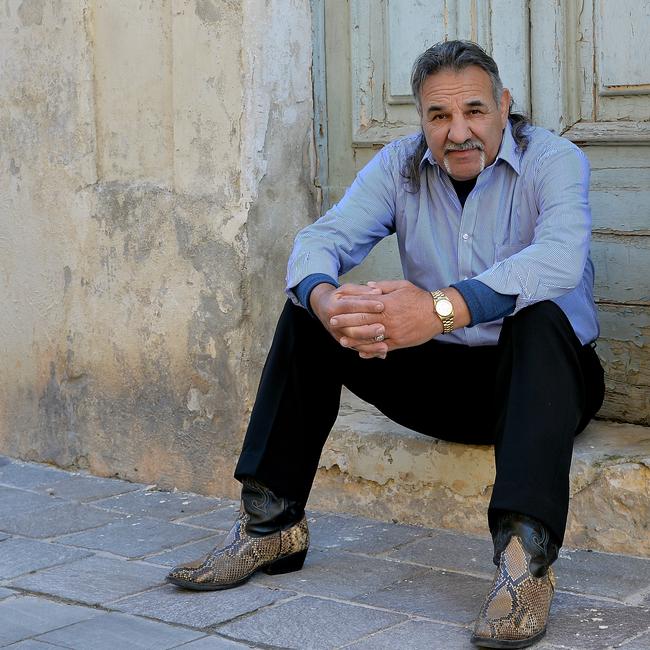

Mr Phelan said police across the country were determined to make it “as hard as we possibly can for them to operate.”
Vella continues to associate with bikies in Malta, regularly going on rides with friends on the island’s highways.
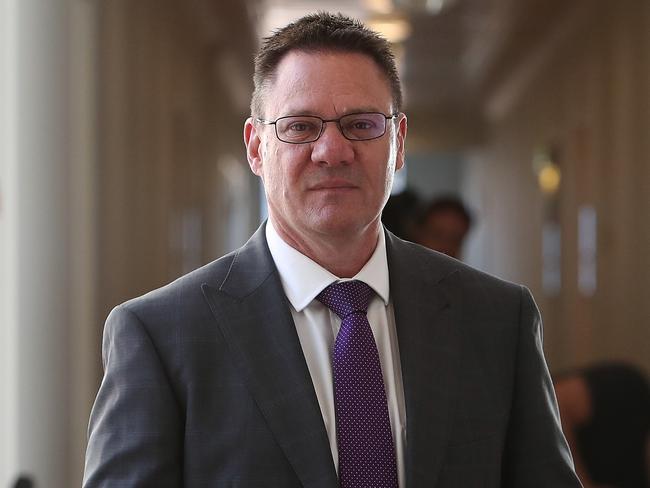
He lives in Mosta, a small town in the northern region of the island.
But police in Malta have no evidence that Vella has been involved in criminal activity there.
“They’re very conspicuous,” Matthew Vella, executive editor of Malta Today, said.
“So if there was anything connected to that kind of motorcycle club criminality, which, you know, there’s also in other parts of Europe where what I think is what has been something that is noticed.
“But in the case of Alex, you know, I’ve seen him shopping, for example, in the supermarkets. I’ve seen him have coffee in his home town of Mosta with some friends. And it looks like a pretty regular life, at least from the outside. You know, in those little moments where I’ve spotted him, it looks pretty regular. Nothing of note.”


